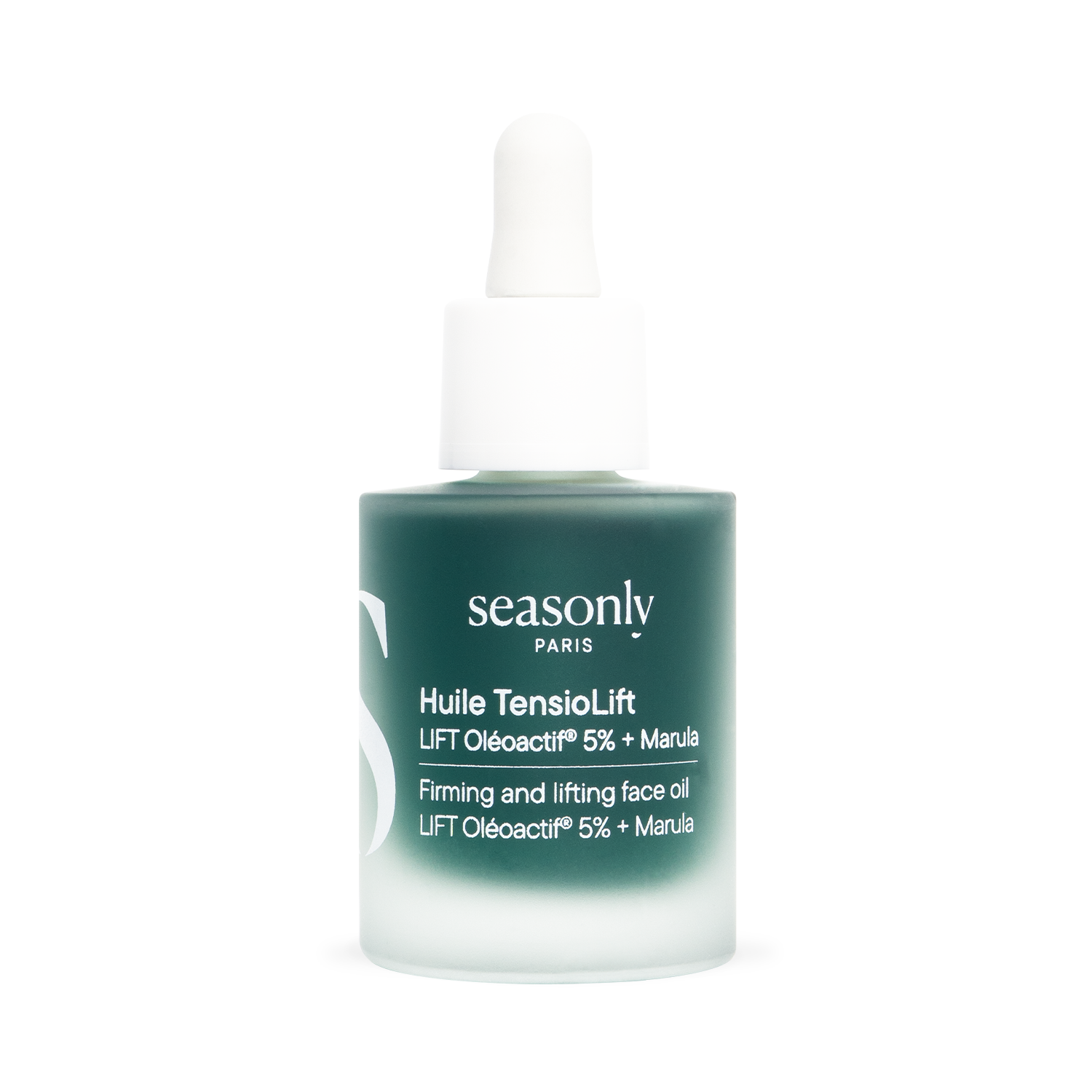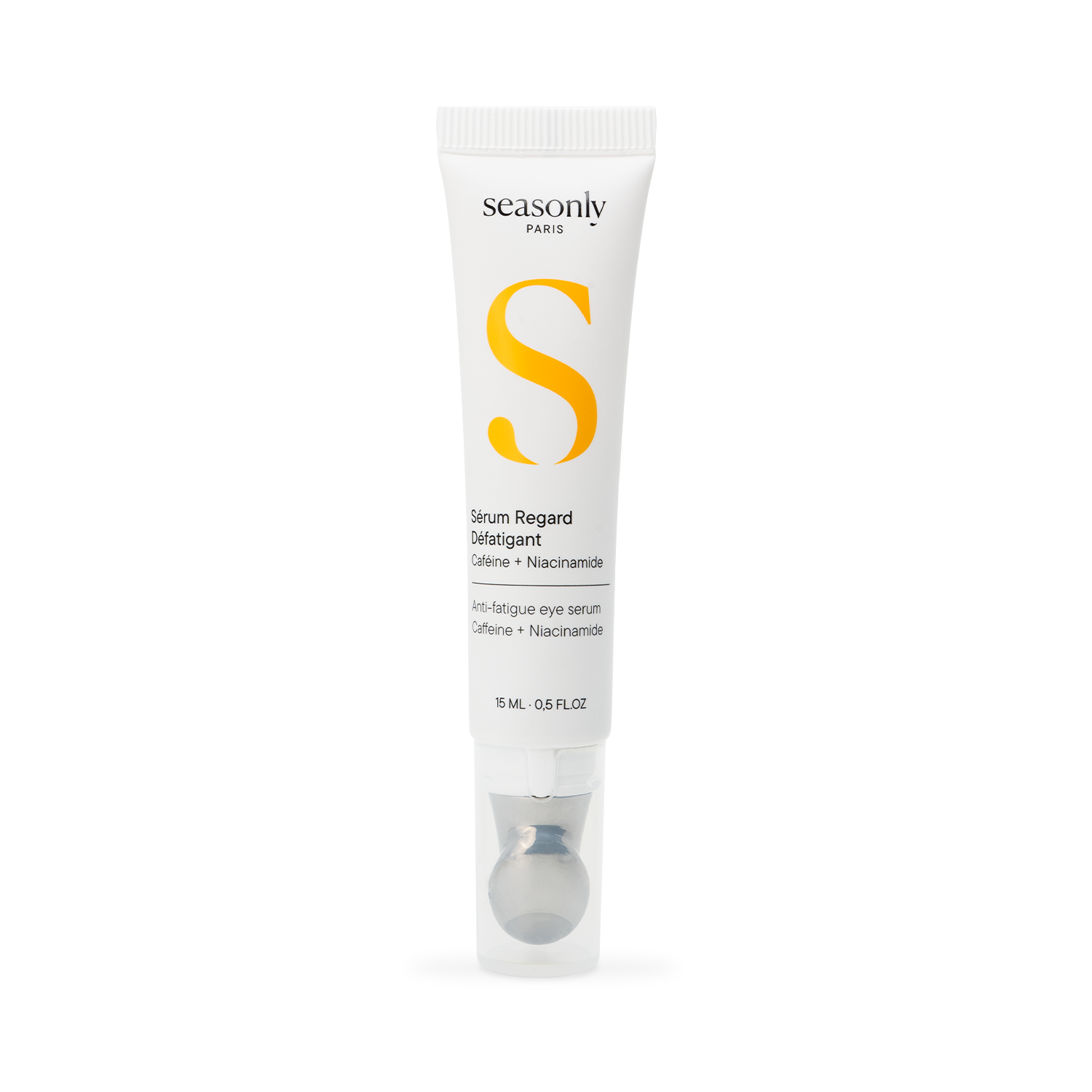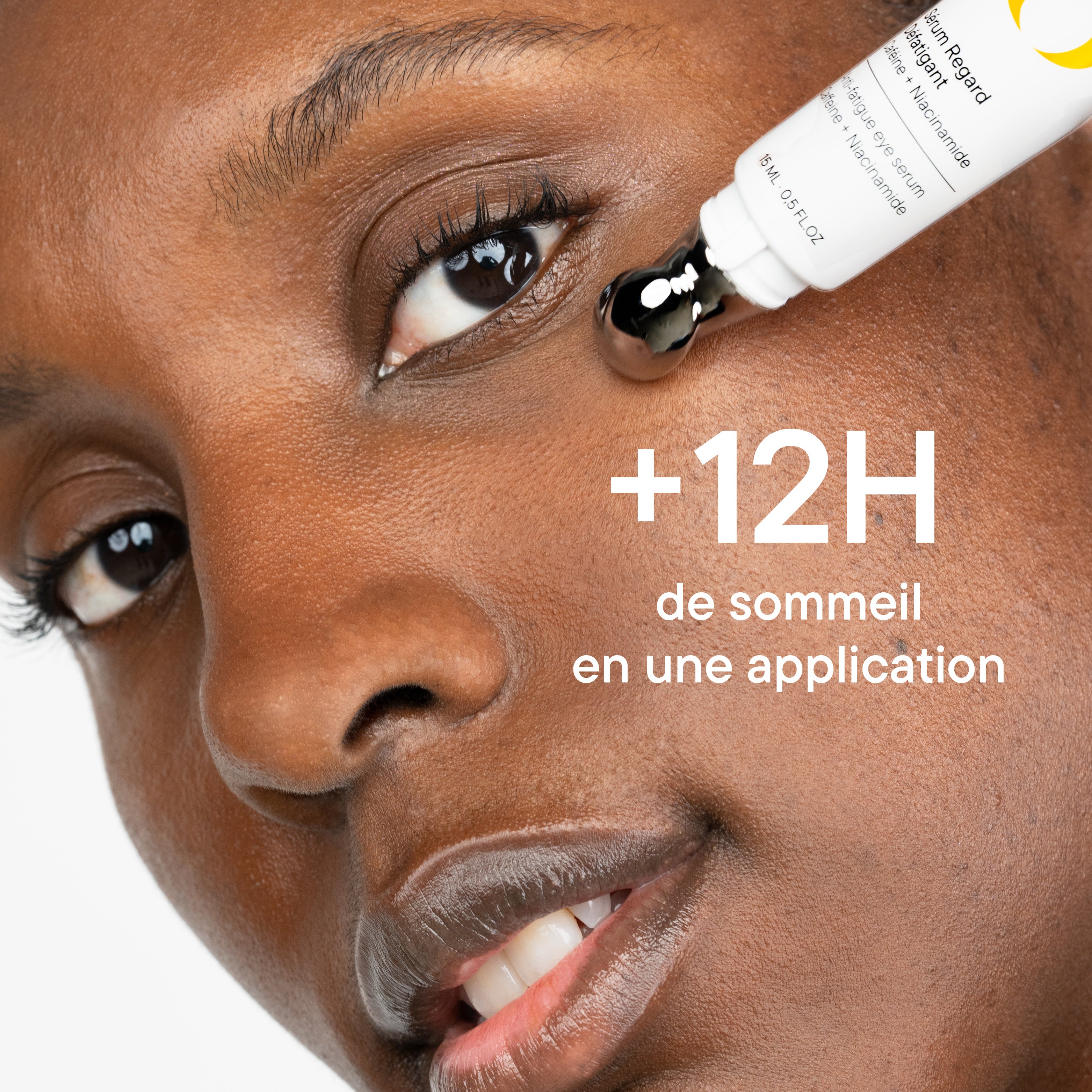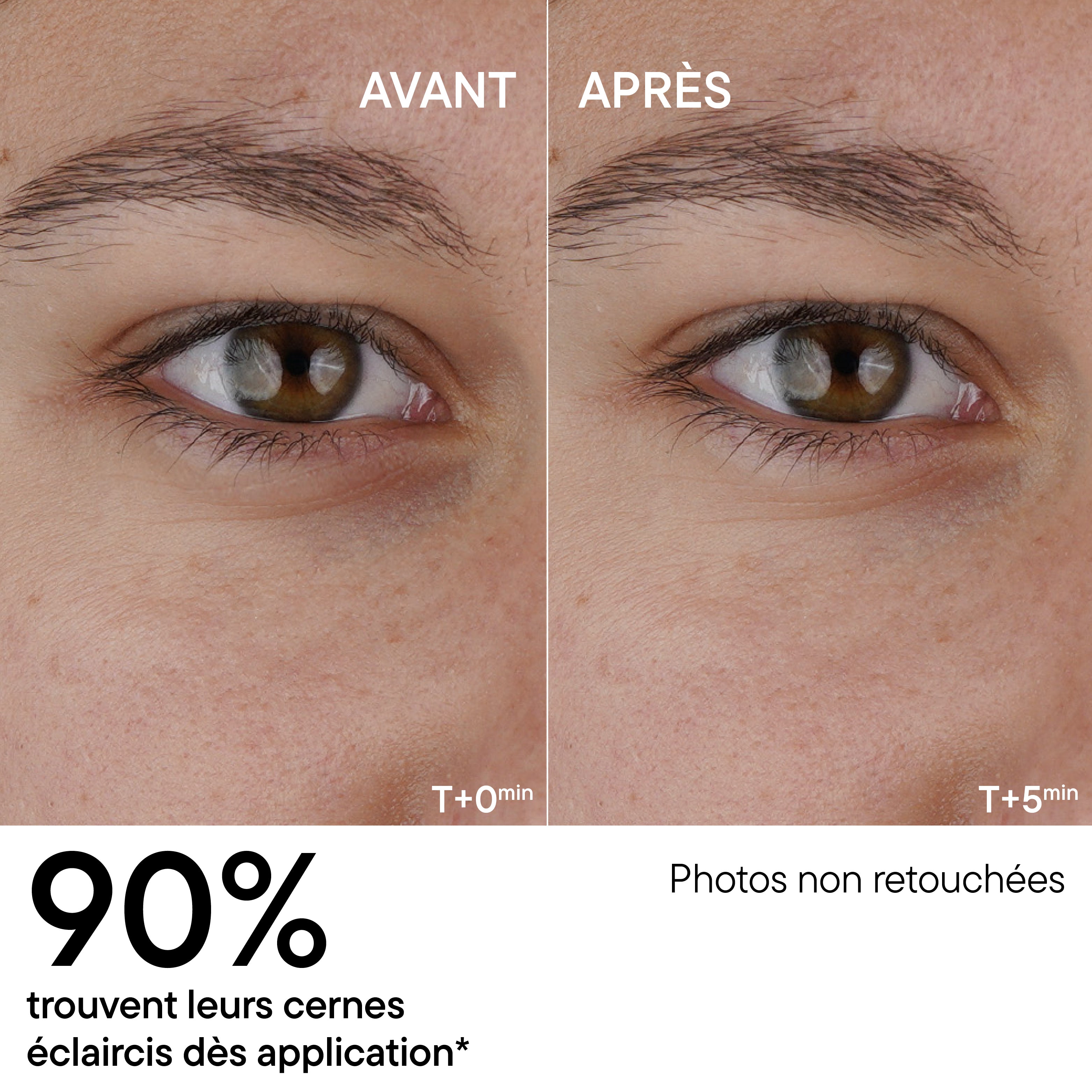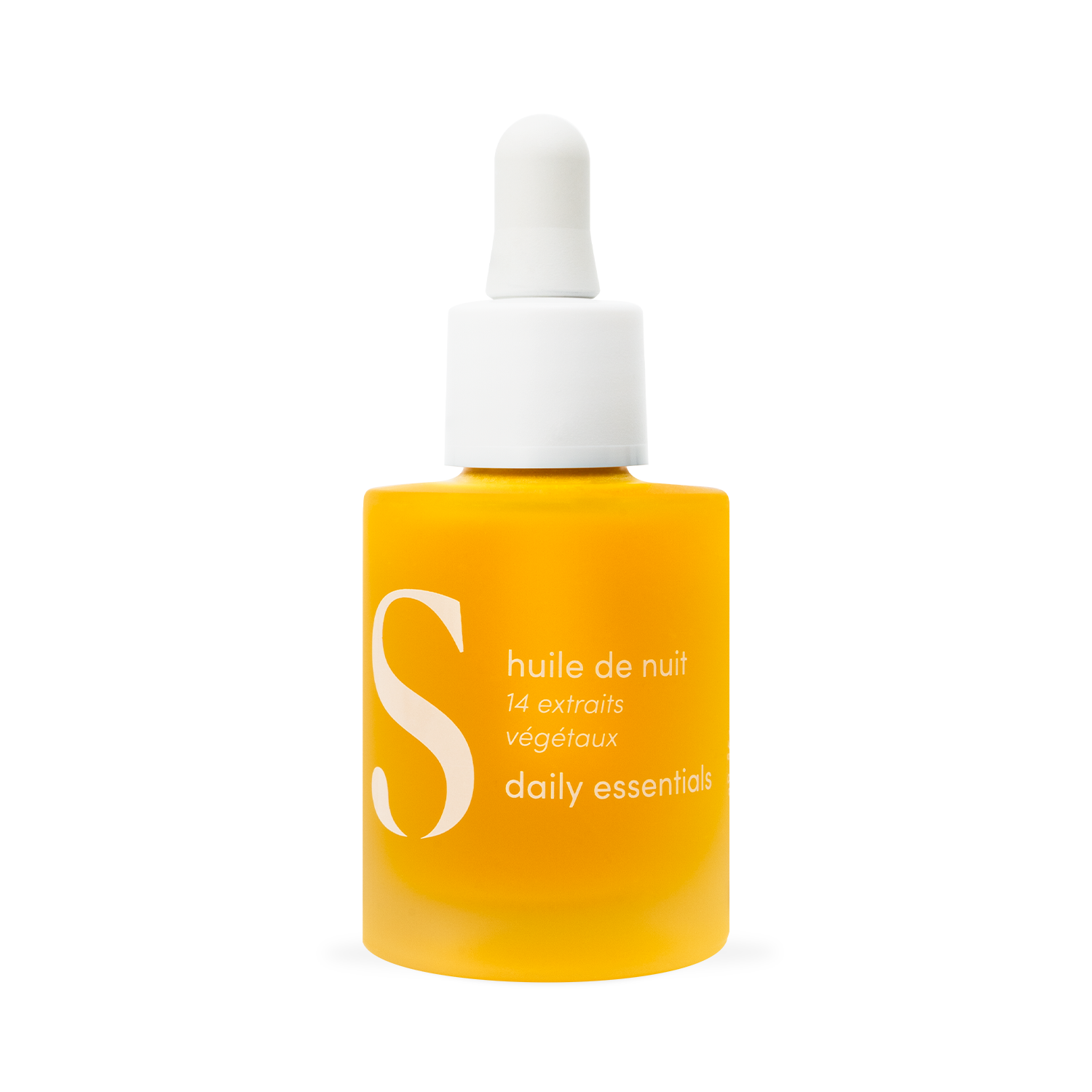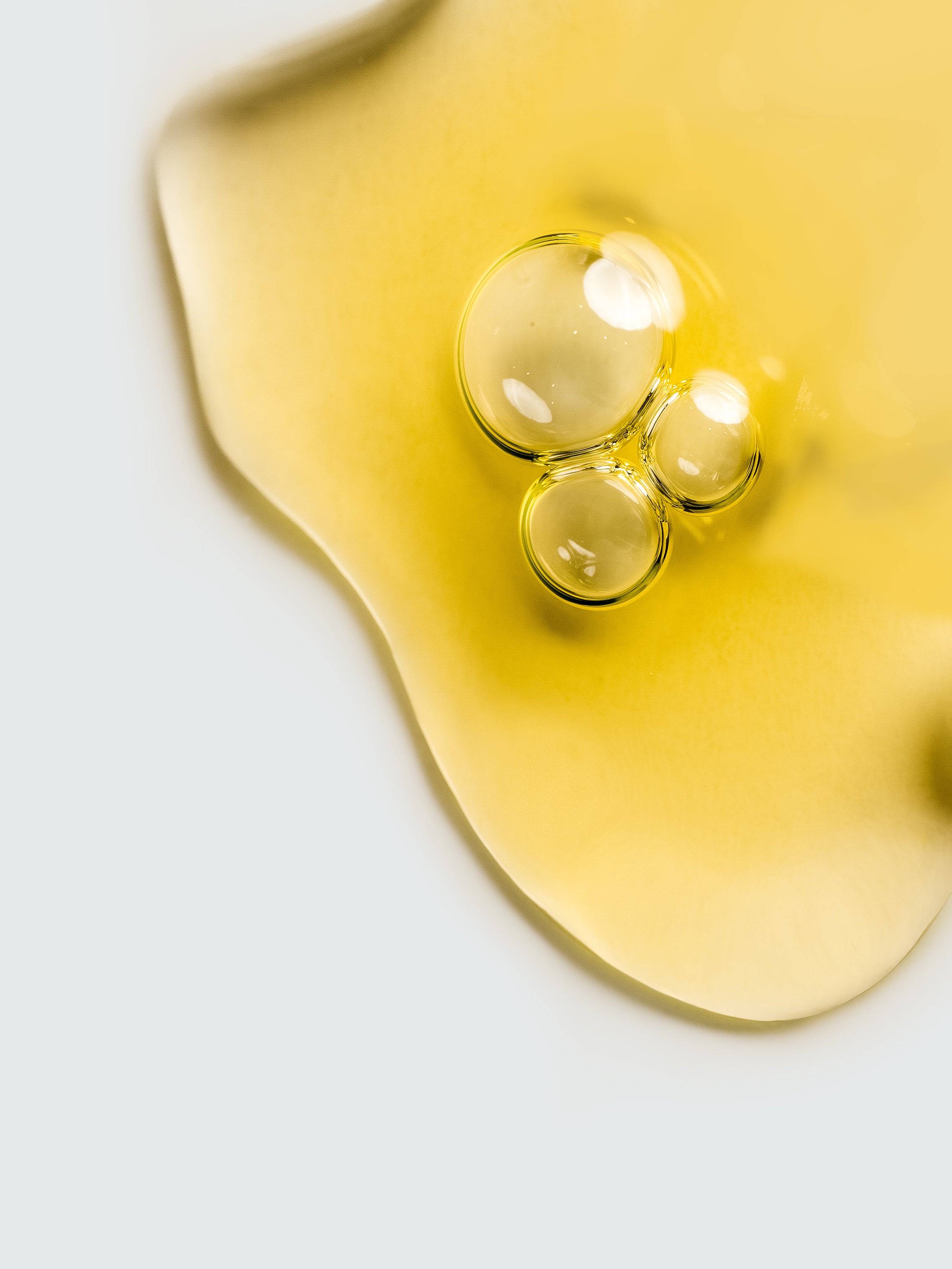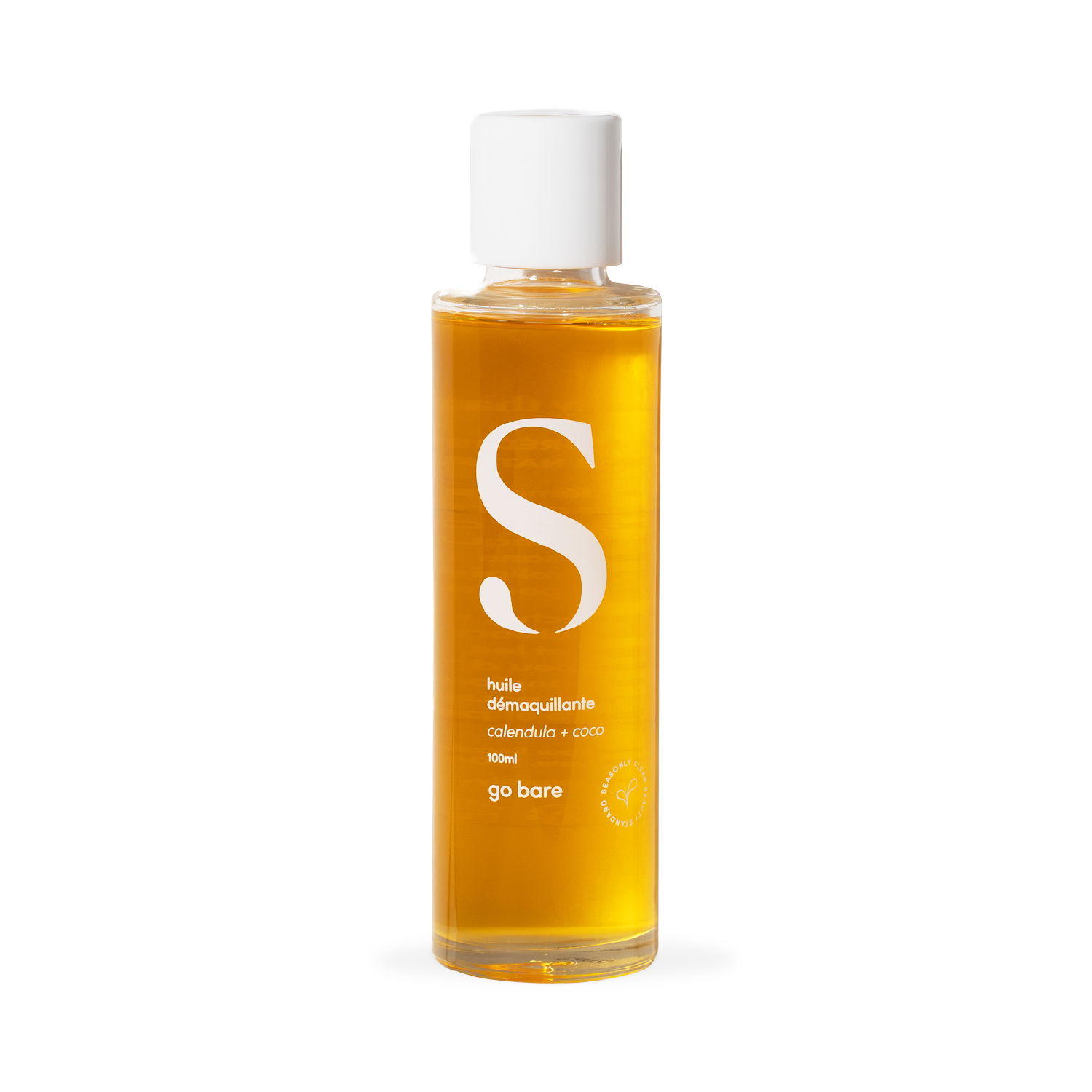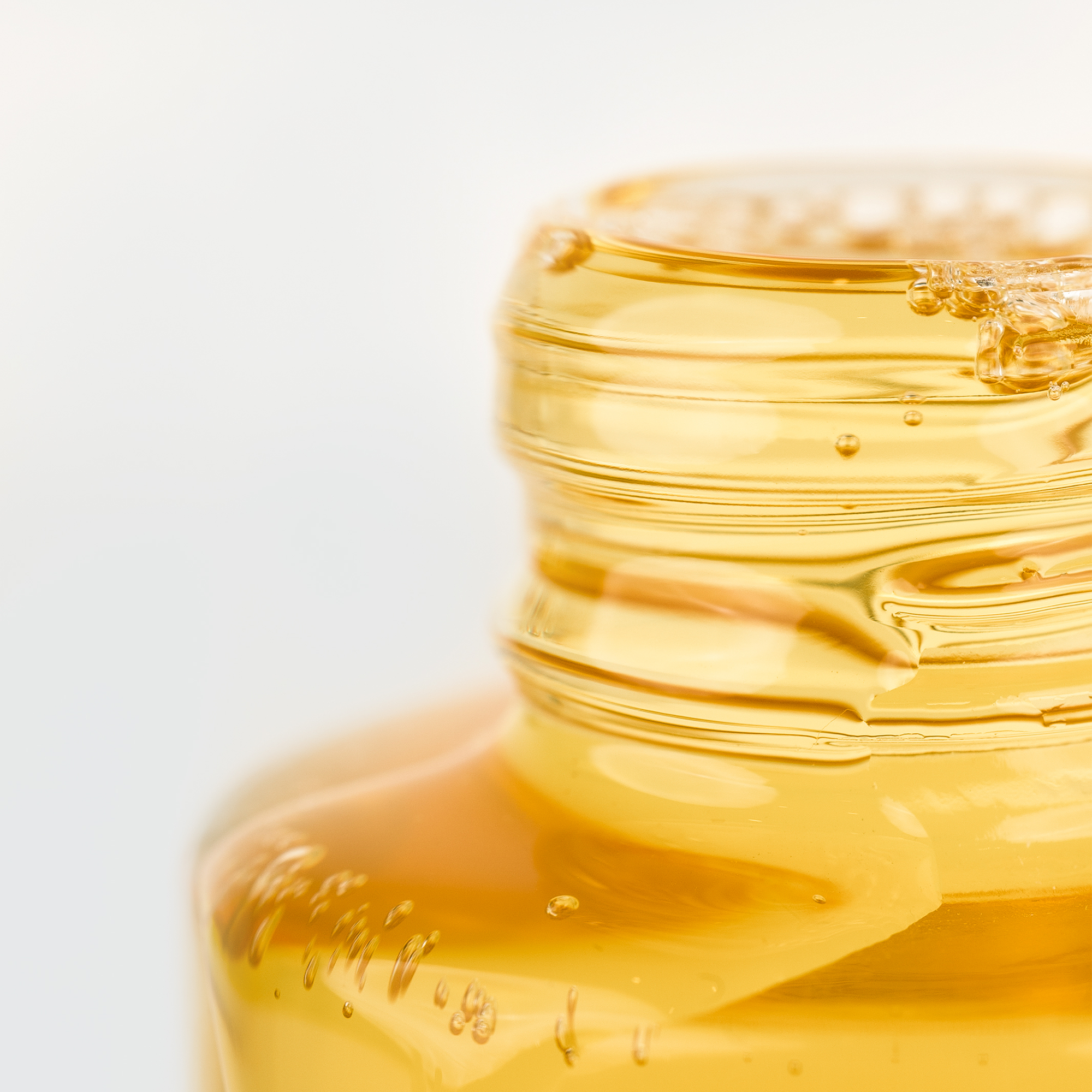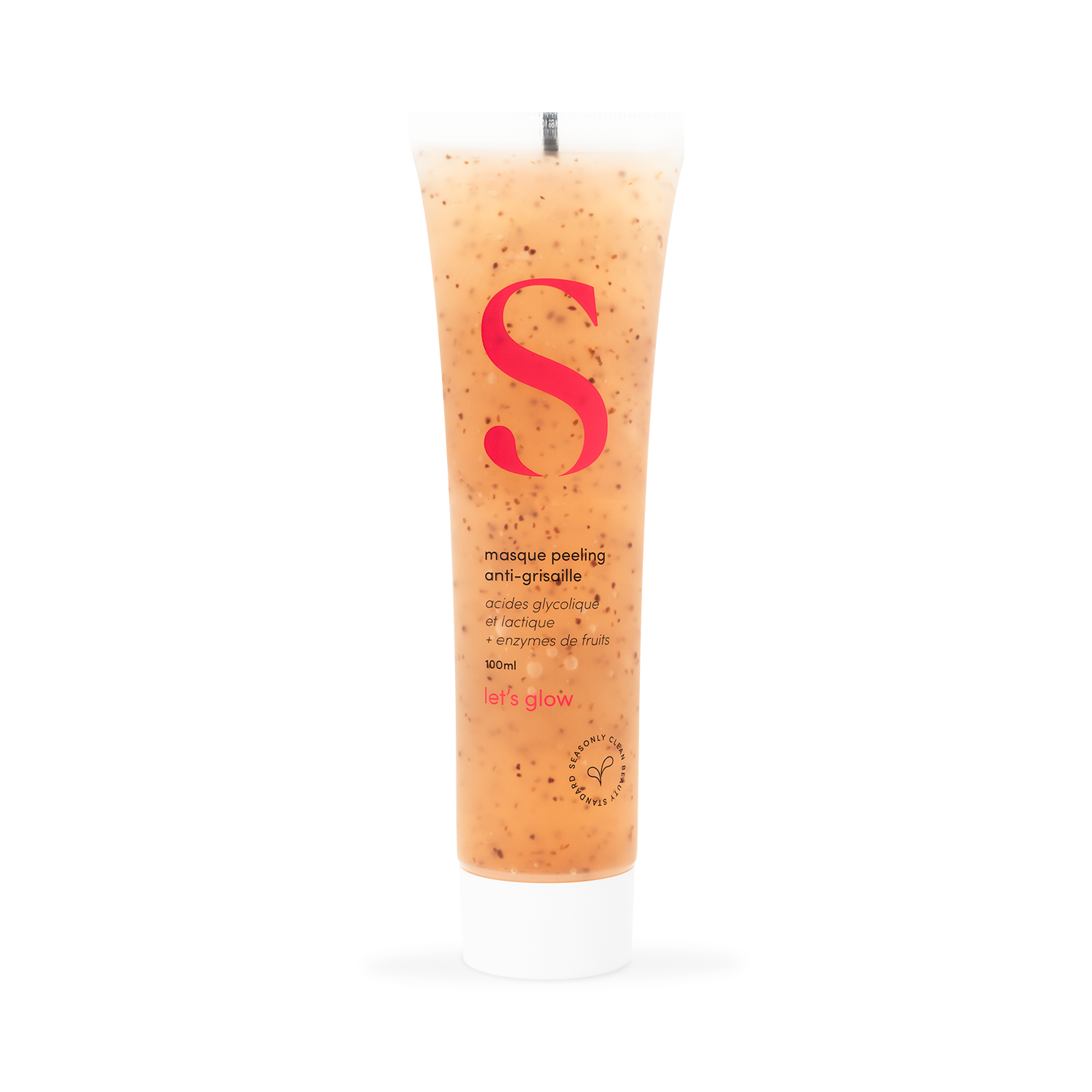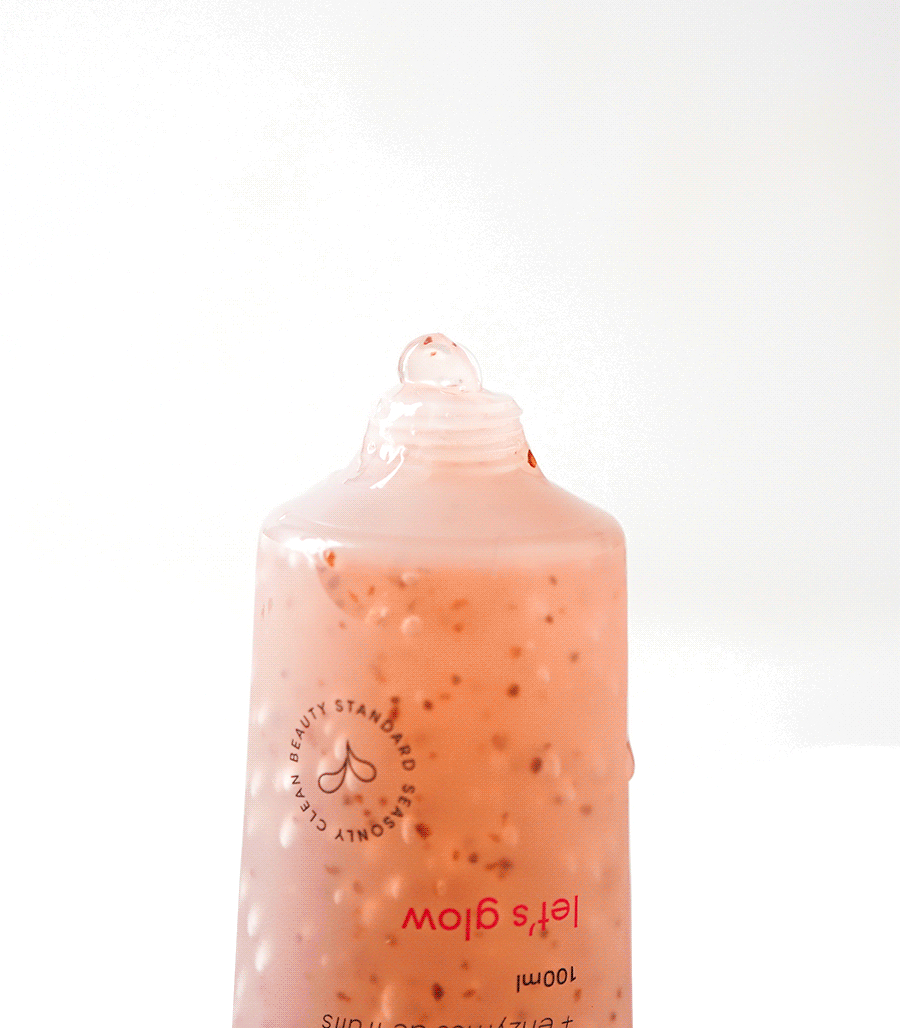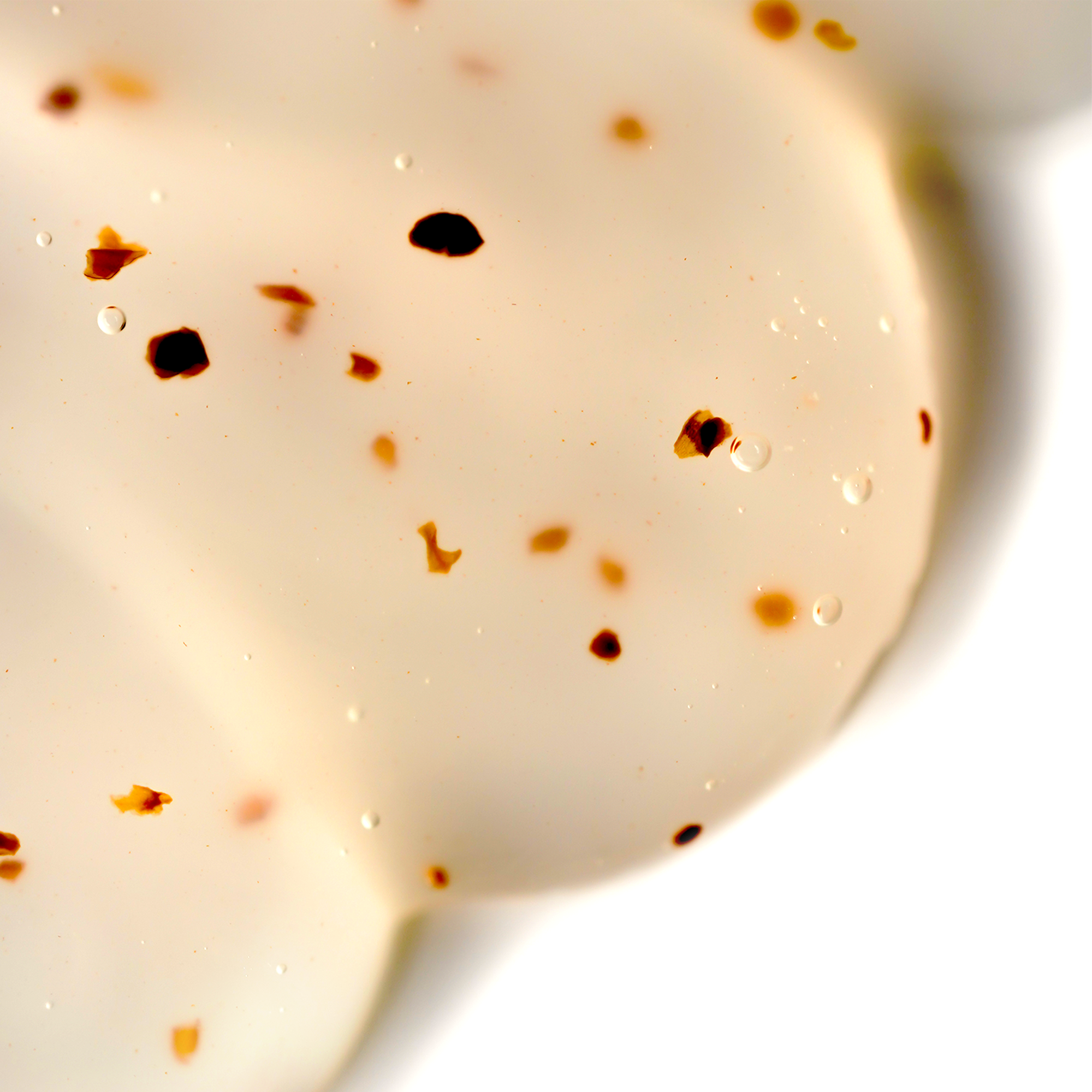The special guide for sensitive skin
Does your skin have redness, blemishes, tingling, tightness, etc.? These are all signs that may indicate sensitive skin.
Between the emergence of new cosmetic acids and the upheavals linked to the pandemic, many people today find themselves with delicate skin, without really understanding its origin.
At Seasonly, we understand how difficult it can be for those with sensitive skin to find solutions while juggling the complexity of diagnostics. Identifying the underlying causes, triggers, and aggravating factors is often the first step toward effectively managing this skin condition.
Fortunately, certain molecules have the power to calm, relieve and soothe the skin in the long term. Find out which ones.
How can we define sensitive skin?
Sensitive skin is defined by an increased reactivity to various stimuli, varying from one individual to another. It manifests itself through sensations such as tightness, tingling, itching, irritation, warming and sometimes redness. These discomforts are often triggered in an exacerbated manner in response to different stimuli, whether on the face or on certain parts of the body.
Several factors can contribute to increased skin sensitivity, including heredity, aging, diet, hormonal imbalances, stress, pollution, certain medical treatments (such as radiation therapy), and UV rays.
Where are we heading?
Many people assume that a product labeled "hypoallergenic" is safe, but this is not necessarily the case. The term "hypoallergenic" ensures that the product should not contain any known allergens or precursors of allergens, however an allergic reaction is still possible despite this label.
Similarly, the term "fragrance-free", if you are used to having reactions to perfumes, does not necessarily guarantee that you will not have a reaction. If your skin is sensitive, it can sometimes react to the combination of certain active ingredients or to certain preservatives for example. At Seasonly, we have chosen to favor fragrances without allergens and non-photosensitizers which allows you to use your products with complete peace of mind.
For a more precise assessment, we suggest you use applications that allow you to scan the QR codes of products and evaluate potentially irritating active ingredients. And above all, to identify those to which you usually react in order to isolate them.
Here are the anti-inflammatory ingredients for sensitive skin
- Hyaluronic Acid: This is a humectant that helps retain moisture. It is often well tolerated by sensitive skin.
- Glycerin: This humectant helps retain moisture in the skin and pairs well with many other actives.
- Ceramides : Ceramides are often referred to as the cement of the skin. For sensitive skin, it is a super active ingredient since it will strengthen the skin barrier. When skin is sensitive/sensitized, its skin barrier is much more fragile, which means that it reacts much more to external elements. This emollient is therefore perfect and, in addition, it helps prevent transepidermal water loss.
- Fatty acids : They are found in vegetable oils. In general, fatty acids, like ceramides, help to strengthen the skin barrier and, above all, to promote tissue lipid replenishment. They help prevent transepithelial water loss.
- Niacinamide : This antioxidant, with anti-inflammatory properties, as well as lightening and brightening benefits for post-inflammatory hyperpigmentation, is excellent when combined with ceramides to reduce oxidative stress and glycation in sensitive skin. It also helps reduce pro-inflammatory cytokines, thereby reducing redness and inflammation. Be careful not to start with too high doses, turn to treatments that contain 5% to start for example and increase gradually if your skin tolerates it well.
- Panthenol: Panthenol, also known as provitamin B5, is a soothing and moisturizing ingredient commonly used in skin care products. It is especially beneficial for sensitive skin due to its restorative and anti-inflammatory properties. Panthenol helps strengthen the skin barrier, which helps protect the skin from irritation and dehydration. Additionally, it promotes cell regeneration, soothing redness and irritation while improving skin hydration and softness. It is a key ingredient for those looking for gentle, effective skincare to calm and protect their sensitive skin.
What advice should you apply on a daily basis?
The most important thing when you have sensitive skin is not to succumb to all the trends you see on social networks and to avoid testing lots of products at the same time as much as possible. If your skin tends to react to the cold, when you do sports, when you are in contact with salt, chlorine or even limestone, etc. We avoid overloading our skin with many active ingredients at high concentrations. We therefore avoid mechanical and chemical scrubs (those that have very high concentrations of exfoliating acids). If we want to introduce a new product into our routine, we first test it for a few days in the crease of the elbow. This allows us to see if we react or not.
Don't forget your minerals
Minerals are another essential element for the health of the body. They are necessary, just like vitamins, for the body to function efficiently. Minerals in the body play a vital role in water balance, bone health, muscle health, nerve health, hormones and much more. They also help with intercellular transport of nutrients and pH balance. It goes without saying that minerals used in skin care can help keep your skin looking radiant and healthy.
Some key minerals you may want to look for in skin care lines are:
- Calcium. This is a trace element present in relatively large quantities in the body. Calcium in skin care can greatly help sensitive skin, as it has beneficial effects on the cell renewal of the skin barrier. It plays an important role in many biochemical processes.
- Selenium. This trace mineral is important for DNA and may help protect your skin from oxidative stress.
- Zinc. This is an important mineral for healing, which is depleted by alcohol.
- Silver. This mineral has well-documented healing properties. It is anti-inflammatory and antimicrobial, and is a powerful antioxidant that reduces oxidative stress. Silver hydrosol is considered the safest and most active form of silver to use in skin care.
- Copper. This mineral helps give skin strength and elasticity, and it boosts other antioxidants. Copper tripeptide 1 has anti-inflammatory and antioxidant effects, and is ideal for regenerating sensitive or damaged skin.






